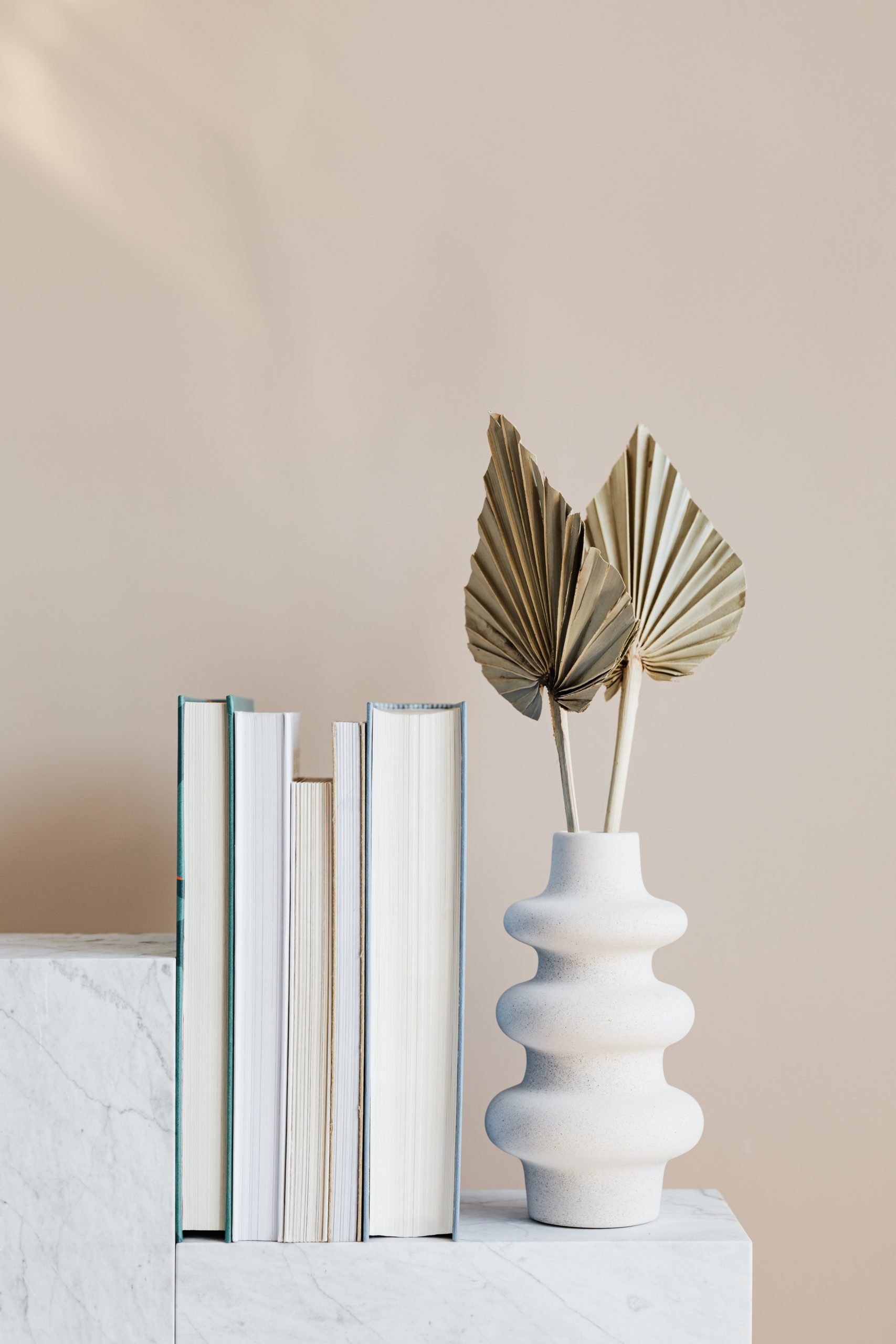Photo by ‘A Dip in the Ocean’ via Instagram
It’s Not About the Burqa
It took me only a few days after I bought this book to finish reading it. I fell in love with it at first sight. It’s Not About The Burqa basically tells you diverse stories of Muslim women living in the West in this present era. These stories range from themes around representations, choices, appearances to sexuality, and identity as Muslim Women.
As a minority living in a country dominated by Muslims, I didn’t expect that Muslims also have the same struggles living in places in which they are the minority. I’ve always seen Muslims as very diverse yet very equivalent since their community has a very strong divinity starting from the religious rituals they have, the diversity of knowledge, and its development through the Quran, whose interpretations are still developing today. I also have admiration for the power relation of Muslims in their spirituality which makes me want to be closer to strengthening my own spirituality with the Higher Power itself.
But a lot of times, just as what every religion faces throughout their evolution, there are some stereotypes following Islam that affect the way people perceive Muslims. This is also closely related to and especially affects the more marginalized in society; women. Amongst Muslims, women often experience many injustices which they are confronted with every day. In ‘It’s Not About the Burqa‘, Muslim Women, as a minority group in the West, tell their various points of view in their various essays, while focusing on one main goal: How Muslim women can overcome their struggles for identity amidst the multiple layers of oppression and injustice confronting them today.
This book presents us with diverse perspectives as one of the essays talks about Muslim Women’s representation in media, more of which we can see now just like we have in the fashion industry with Muslim models walking on fashion runways and appearing on advertisements such as the H&M Campaign, Dolce & Gabbana, or even the release of the hijabi Barbie doll or the launch of the Nike sports hijab. These forms of “representation” might be looked at by the Western world as having respected Muslims and Muslim women in a civilized manner. It, however, cannot be denied that this is only a means of capitalist play with which they benefit themselves.
Yes, advertising and media has a huge effect on how we view society and its groups, but why has representation through this capitalist machine suddenly become such a priority? It seems as though representation within a secular system with the primary purpose of making money for large companies has been held up as the solution to racism, to othering and to ignorance. But surely, we cannot ignore the backdrop of all that existed before now: Trump, Brexit and increasing hate crime towards Muslims.
Nafisa Bakkar “On the Representation of Muslims”
Related Read
One of the essays which had a huge effect on me was “Life Was Easier Before I Was Woke” by Yassmin Abdel-Magied which concluded that many people provide rationalizations for various problems and oppression faced by women, especially against Muslim women who are always considered strange or bizarre when they achieve the same achievements as men or work in what is perceived as men’s fields.
Once you have begun the journey of awakening, there is no turning back. Your eyes have been opened to the ways of the world. These are forces not easily unseen.
Yassmin Abdel-Magied
This citation has become my own reflection as a person who is currently undergoing gender studies, a study that analyzes a lot of humanity, the problems faced by social society, especially regarding gender injustice. This is not a problem for women alone, but for all marginalized and oppressed people. The intersection of these problems makes this awakening important to me in interpreting every human problem that I will face in the future.
This book also makes me deeply understand a lot of the unseen root problems of Muslim Women’s marginalisation, especially on self-identity and sexuality, as well as with the role of states and the world. As stated in the first essay in the book, it is time for Muslim women and women in the world to make their own voices heard.
‘It’s Not About the Burqa‘ has inspired me, as a person who has an interest in literature and academia, to be able to write and amplify the voices of marginalized and oppressed people to continue to fight against the silent injustices that many people still do not realize. It is a call for every Muslim woman and other women to reclaim their own identities and authority, even in interpreting and exercising their beliefs and spirituality, all of which have nothing to do with how the world stereotypes them.




